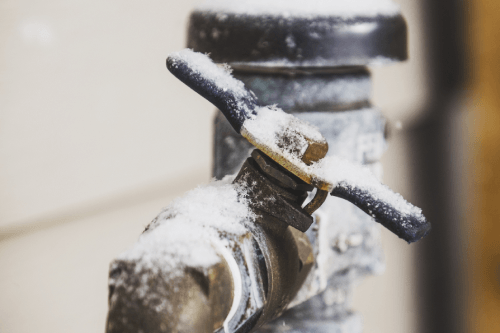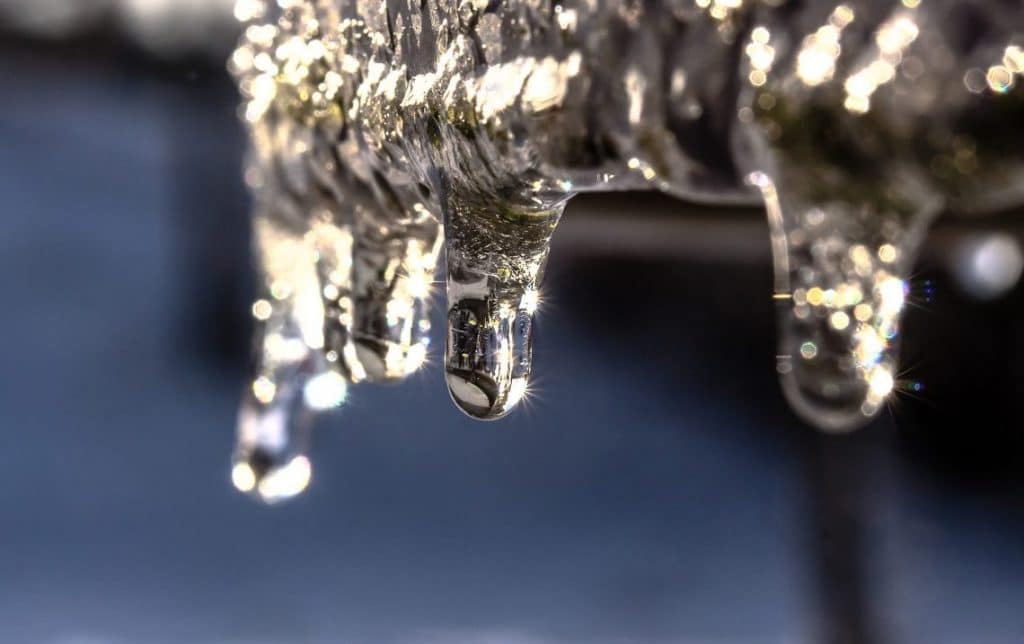How to Maintain Your Pipes from Freezing Issues: Essential Tips
How to Maintain Your Pipes from Freezing Issues: Essential Tips
Blog Article
The author is making several good annotation on Helpful Tips to Prevent Frozen Pipes this Winter in general in this content further down.

Winter can wreak havoc on your plumbing, particularly by freezing pipes. Right here's just how to avoid it from occurring and what to do if it does.
Intro
As temperature levels decrease, the danger of frozen pipes increases, potentially resulting in expensive repair work and water damage. Understanding how to stop frozen pipelines is crucial for home owners in chilly climates.
Recognizing Frozen Pipelines
What causes pipelines to freeze?
Pipelines ice up when subjected to temperature levels below 32 ° F (0 ° C) for expanded durations. As water inside the pipes ices up, it expands, putting pressure on the pipe wall surfaces and possibly triggering them to rupture.
Threats and damages
Frozen pipes can bring about water system disturbances, home damages, and expensive repair work. Burst pipes can flood homes and cause extensive structural damage.
Signs of Frozen Pipeline
Recognizing icy pipes early can stop them from rupturing.
Just how to identify icy pipes
Look for lowered water flow from faucets, unusual smells or sounds from pipelines, and visible frost on exposed pipelines.
Prevention Tips
Insulating at risk pipelines
Wrap pipelines in insulation sleeves or utilize warmth tape to secure them from freezing temperatures. Focus on pipelines in unheated or exterior locations of the home.
Home heating methods
Keep interior areas effectively heated, specifically areas with plumbing. Open cupboard doors to permit cozy air to flow around pipes under sinks.
Safeguarding Exterior Pipes
Garden hose pipes and outside faucets
Detach and drain pipes garden pipes prior to wintertime. Mount frost-proof faucets or cover outside faucets with insulated caps.
What to Do If Your Pipelines Freeze
Immediate activities to take
If you presume frozen pipes, keep faucets open up to relieve stress as the ice thaws. Utilize a hairdryer or towels soaked in warm water to thaw pipelines gradually.
Long-Term Solutions
Architectural adjustments
Consider rerouting pipes far from exterior wall surfaces or unheated locations. Include extra insulation to attic rooms, cellars, and crawl spaces.
Upgrading insulation
Buy high-grade insulation for pipes, attic rooms, and wall surfaces. Proper insulation aids maintain constant temperature levels and minimizes the danger of icy pipes.
Conclusion
Stopping icy pipelines requires positive procedures and fast feedbacks. By recognizing the causes, indications, and preventive measures, homeowners can protect their pipes throughout cold weather.
5 Ways to Prevent Frozen Pipes
Drain Outdoor Faucets and Disconnect Hoses
First, close the shut-off valve that controls the flow of water in the pipe to your outdoor faucet. Then, head outside to disconnect and drain your hose and open the outdoor faucet to allow the water to completely drain out of the line. Turn off the faucet when done. Finally, head back to the shut-off valve and drain the remaining water inside the pipe into a bucket or container. Additionally, if you have a home irrigation system, you should consider hiring an expert to clear the system of water each year.
Insulate Pipes
One of the best and most cost-effective methods for preventing frozen water pipes is to wrap your pipes with insulation. This is especially important for areas in your home that aren’t exposed to heat, such as an attic. We suggest using foam sleeves, which can typically be found at your local hardware store.
Keep Heat Running at 65
Your pipes are located inside your walls, and the temperature there is much colder than the rest of the house. To prevent your pipes from freezing, The Insurance Information Institute suggests that you keep your home heated to at least 65 degrees, even when traveling. You may want to invest in smart devices that can keep an eye on the temperature in your home while you’re away.
Leave Water Dripping
Moving water — even a small trickle — can prevent ice from forming inside your pipes. When freezing temps are imminent, start a drip of water from all faucets that serve exposed pipes. Leaving a few faucets running will also help relieve pressure inside the pipes and help prevent a rupture if the water inside freezes.
Open Cupboard Doors
Warm your kitchen and bathroom pipes by opening cupboards and vanities. You should also leave your interior doors ajar to help warm air circulate evenly throughout your home.

I recently found that piece of writing about How to Prevent Your Pipes From Freezing when exploring the internet. Are you aware of somebody else who is serious about the topic? Please feel free to share it. Many thanks for taking the time to read it.
Call Today Report this page